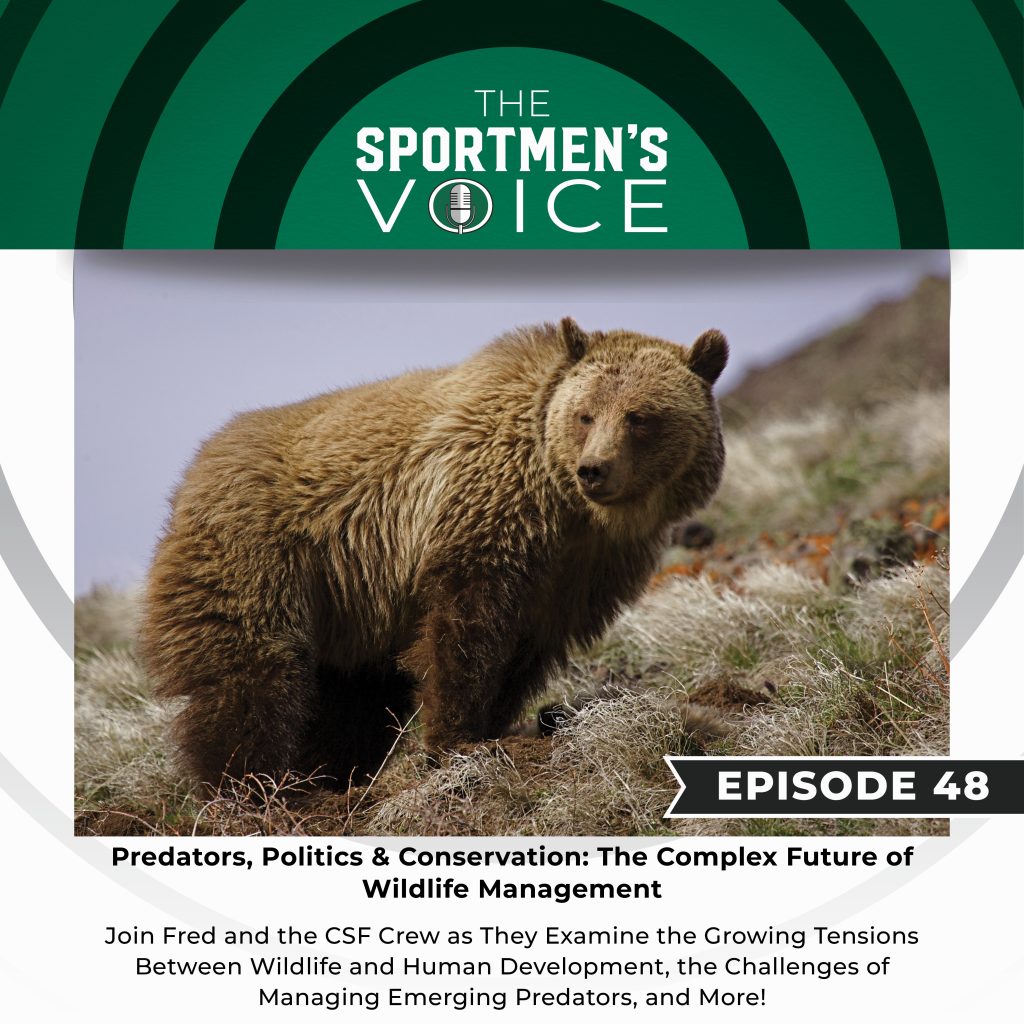In this episode, we dive deep into the evolving landscape of predator and wildlife management across the United States. From the reinstatement of black bear hunting in Louisiana to ongoing debates in Florida and Washington, we explore how science, legislation, and public perception shape the future of hunting, conservation, and land use.
Join Fred and the crew as they examine the growing tensions between wildlife and human development, the role of hounds and trapping in sustainable management, and why the hunting community must better communicate its conservation value. We also discuss the challenges of managing emerging predators like jaguars and the controversial reintroduction of species into ecosystems.
Key Takeaways:
- Bear Hunting Regulations Vary Widely by State: Oregon and Idaho offer spring bear seasons; Washington does not. Louisiana recently reinstated its black bear hunting season after decades, and Florida is considering reopening its black bear season.
- Science-Based Wildlife Management Is Essential: Predator-prey dynamics are complex and must be studied to avoid unintended consequences. Reintroduction of species, such as wolves and mountain lions, can disrupt existing ecosystems.
- Trapping and Hound Hunting Remain Valuable Tools: Used for selective predator control and critical data collection. Legislative efforts continue to impact their use across states.
- Legislation and Public Perception Drive Wildlife Policy: Conservation decisions are often shaped more by emotion than by science. The hunting community must better advocate for its role in sustainable wildlife management.





